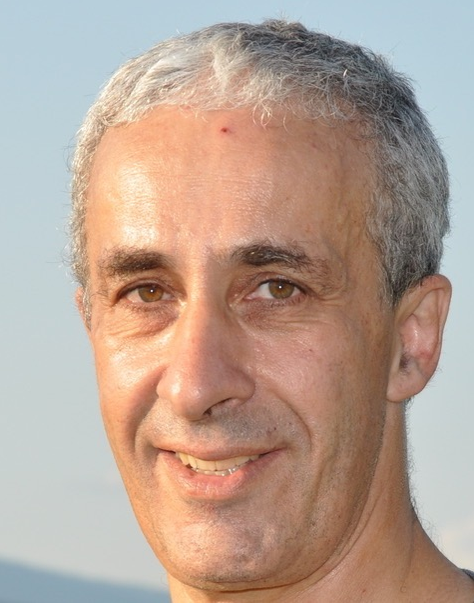
Bio
Pascal Fua received an engineering degree from École Polytechnique, Paris, in 1984 and a Ph.D. in Computer Science from the University of Orsay in 1989. He joined the Swiss Federal Institute of Technology (EPFL) in 1996, where he is currently a Professor in the School of Computer and Communication Sciences and Head of the Computer Vision Laboratory (CVLab). Before joining EPFL, he worked as a Computer Scientist at SRI International and INRIA Sophia-Antipolis.
His research interests include shape modeling, motion recovery from images, microscopy image analysis, and machine learning. He has (co-)authored over 400 publications in refereed journals and conferences, and has received several ERC grants. Prof. Fua is an IEEE Fellow and has served as an Associate Editor of the IEEE Transactions on Pattern Analysis and Machine Intelligence (TPAMI). He frequently serves as program committee member, area chair, and program chair for major vision conferences, and has co-founded three spinoff companies.
Abstract
We live in a world full of manufactured objects of ever-increasing complexity that require clever engineering to be functional. Today, individual parts that composite objects are made of are optimized separately, control is not fully accounted for at design time, and much manual tinkering is required. As a result, our machines are not as efficient as they could be.
We aim to change this by developing end-to-end trainable pipelines that incorporate all these elements. In this talk I will present the approach to composite design and co-design for shape and control we are currently developing.